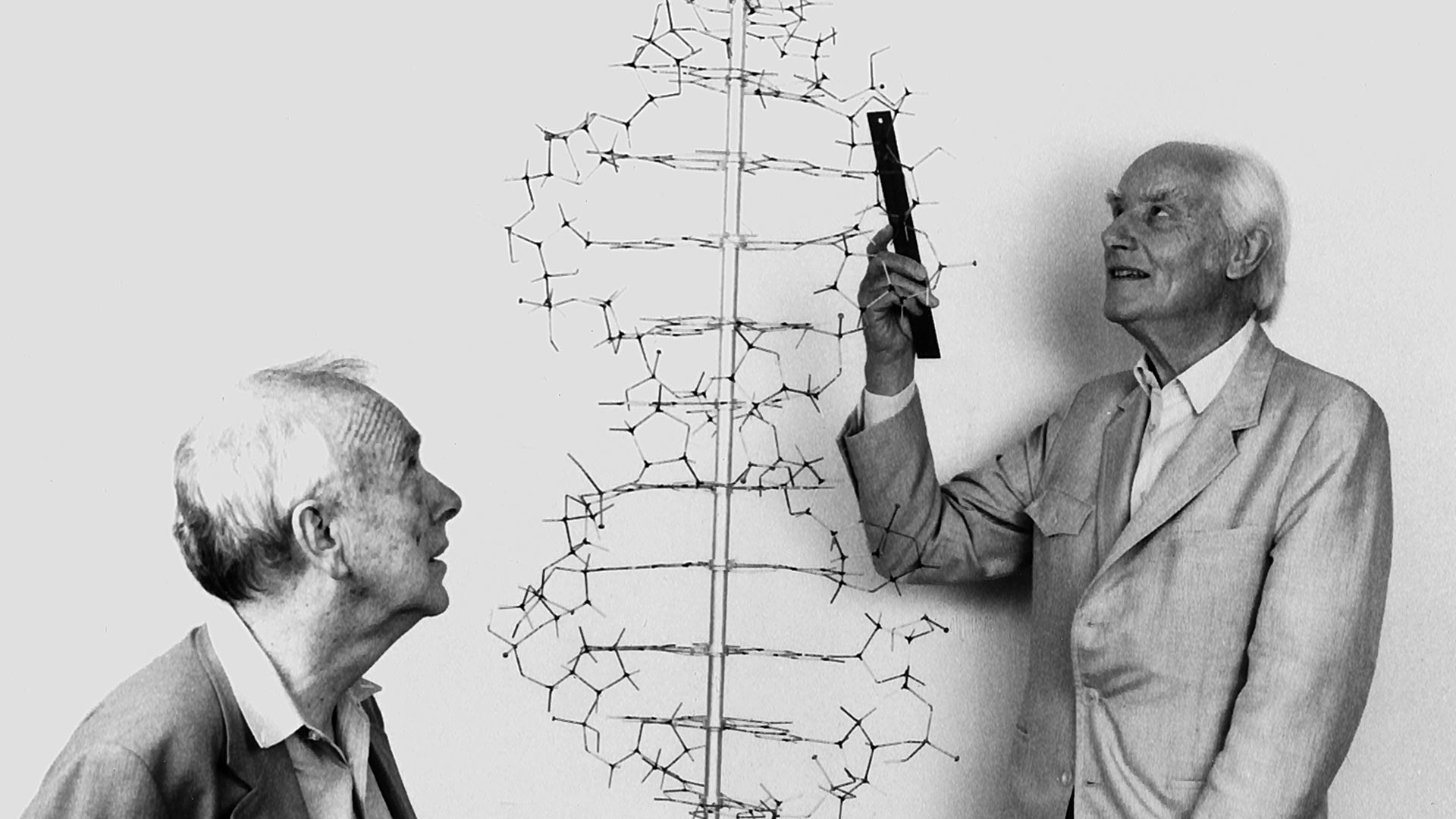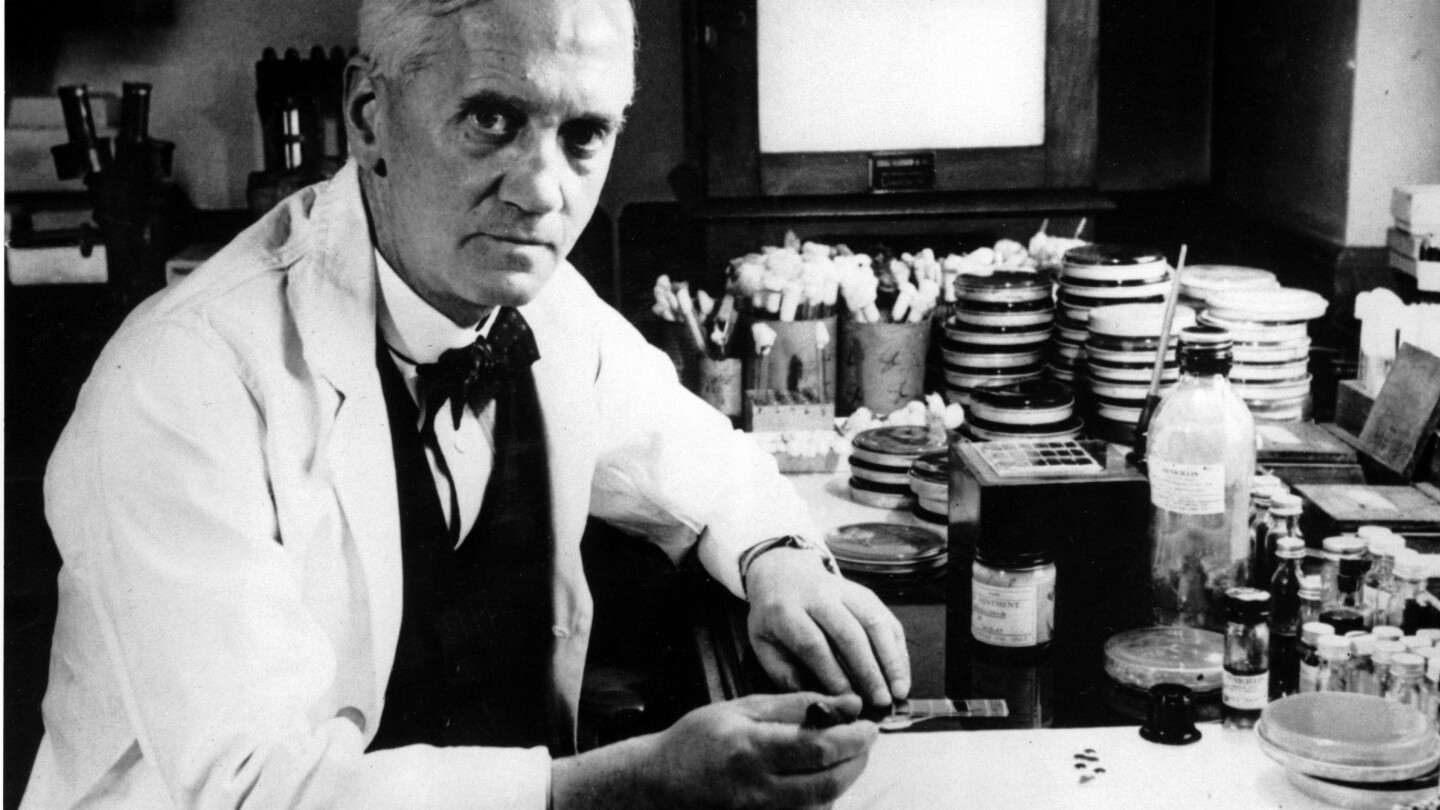Unveiling Humanity's Epochal Scientific Discoveries: Top 5 Paradigm Shifts
Throughout the annals of human exploration, science has served as a guiding light, illuminating the mysteries of our existence and propelling us toward new frontiers of understanding. Within the realm of scientific inquiry, certain discoveries stand as monumental milestones, altering the trajectory of our species and revolutionizing our perception of the universe. Let us embark on a journey through five such transformative scientific revelations that have shaped the course of human civilization.
1. Theory of General Relativity by Albert Einstein
Albert Einstein's groundbreaking Theory of General Relativity, unveiled in 1915, redefined our understanding of gravity, space, and time. This theory established that massive objects, such as planets or stars, bend the fabric of spacetime, causing the curvature that we perceive as gravity. It also predicted phenomena like gravitational waves, which were validated a century later, affirming Einstein's monumental work.
Einstein's theory revolutionized cosmology and astrophysics, providing a framework for comprehending the behavior of celestial bodies and the structure of the universe itself. Its implications extended beyond the confines of theoretical physics, influencing technological advancements like GPS satellites, which account for relativistic effects in their operation.
2. Discovery of DNA's Structure by Watson and Crick
In 1953, James Watson and Francis Crick unlocked the structure of DNA, the molecule housing the genetic instructions for all life forms. Their revelation of the double helix model provided a key to understanding heredity, evolution, and the very essence of life's blueprint. This monumental breakthrough elucidated the mechanisms of genetic inheritance and laid the groundwork for the field of molecular biology.
The discovery of DNA's structure heralded a new era in science, leading to unprecedented advancements in genetics, medicine, and biotechnology. It underpins crucial fields like genetic engineering, gene therapy, and forensic science, offering insights into the intricate workings of life itself.
3. Quantum Mechanics
Quantum Mechanics, born in the early 20th century, transformed our comprehension of the subatomic realm. This revolutionary theory shattered classical physics, unveiling a world governed by probabilistic behavior at the quantum scale. Quantum Mechanics describes the behavior of particles, revealing phenomena such as wave-particle duality and quantum entanglement, where particles remain interconnected regardless of distance.
Its ramifications extend across multiple disciplines, powering technological marvels like semiconductor electronics, lasers, and MRI machines. The emerging field of quantum computing holds the promise of computational power beyond the reach of classical computers, potentially revolutionizing fields like cryptography and drug discovery.
4. Discovery of Penicillin by Alexander Fleming
In 1928, Alexander Fleming stumbled upon a momentous discovery: the antibiotic properties of Penicillin. This chance observation revolutionized medicine by introducing the world to the first antibiotic, a remarkable weapon against bacterial infections. Penicillin's ability to combat diseases like pneumonia and septicemia marked the dawn of the antibiotic era, saving millions of lives and inaugurating a new epoch in healthcare.
The discovery of Penicillin heralded the age of antibiotics, catalyzing the development of numerous other antibiotics that have transformed the treatment of infectious diseases. However, the rise of antibiotic resistance highlights the importance of judicious use and ongoing research into novel antimicrobial treatments.
5. Theory of Evolution by Charles Darwin
Charles Darwin's Theory of Evolution, expounded in "On the Origin of Species" in 1859, revolutionized biology and our understanding of life's diversity. Darwin proposed the mechanism of natural selection, illustrating how species evolve over time through the process of adaptation and survival of the fittest. This seminal theory reshaped our perception of life's interconnectedness and origins.
Evolutionary biology remains foundational in various scientific disciplines, from genetics and ecology to anthropology and medicine. It continues to inform research in fields like evolutionary psychology, providing insights into human behavior and biological diversity.
Conclusion
These five scientific discoveries epitomize the pinnacle of human intellectual achievement, transcending individual disciplines and leaving an indelible mark on the fabric of civilization. They represent the culmination of human curiosity, ingenuity, and relentless pursuit of knowledge, forever altering our understanding of the cosmos and the very essence of our existence.
These paradigm-shifting revelations have not only reshaped the scientific landscape but have also revolutionized technology, medicine, and our perception of the universe. As we reflect on these epochal discoveries, we bear witness to the enduring legacy of human curiosity and the boundless potential of scientific exploration.








0 Comments